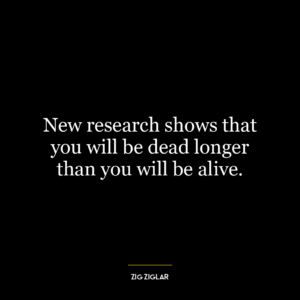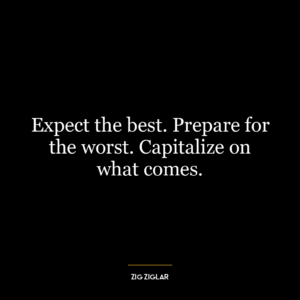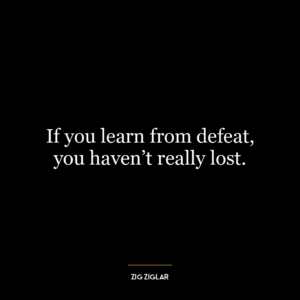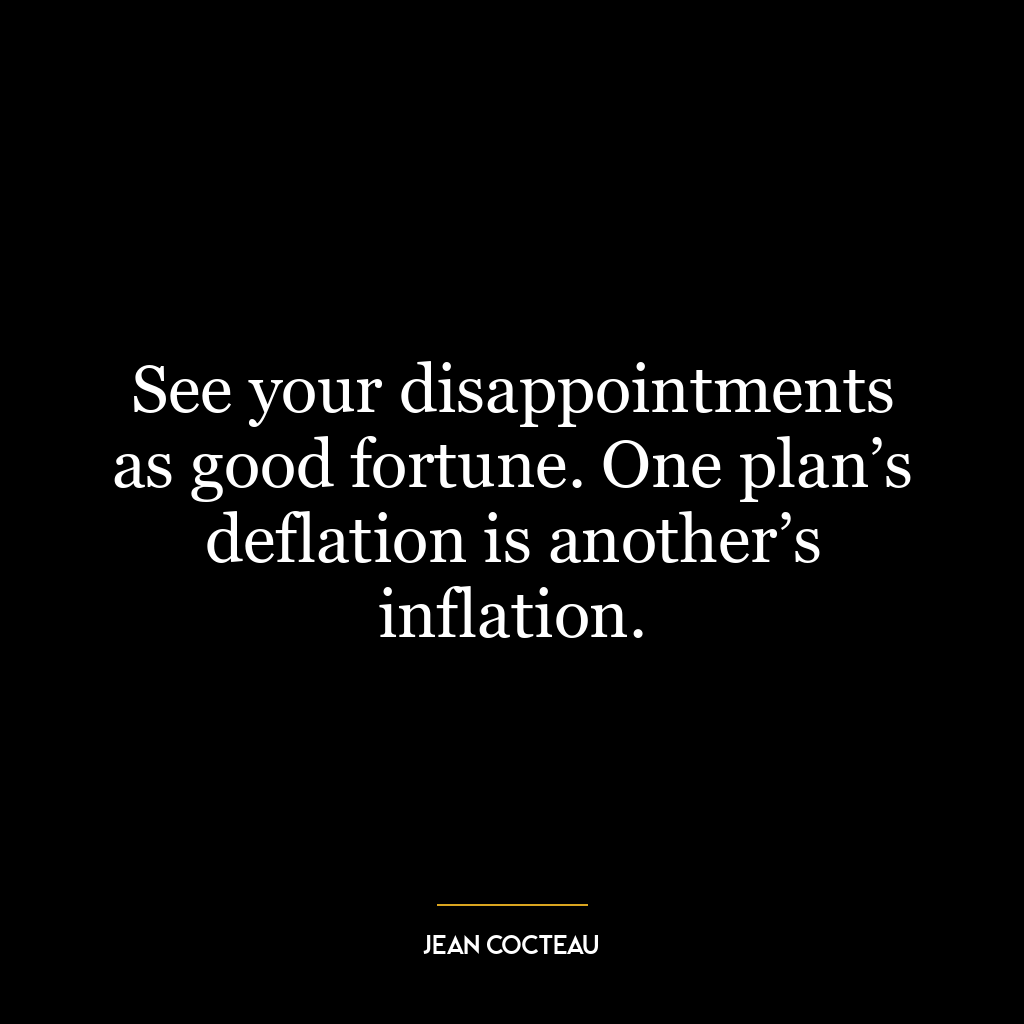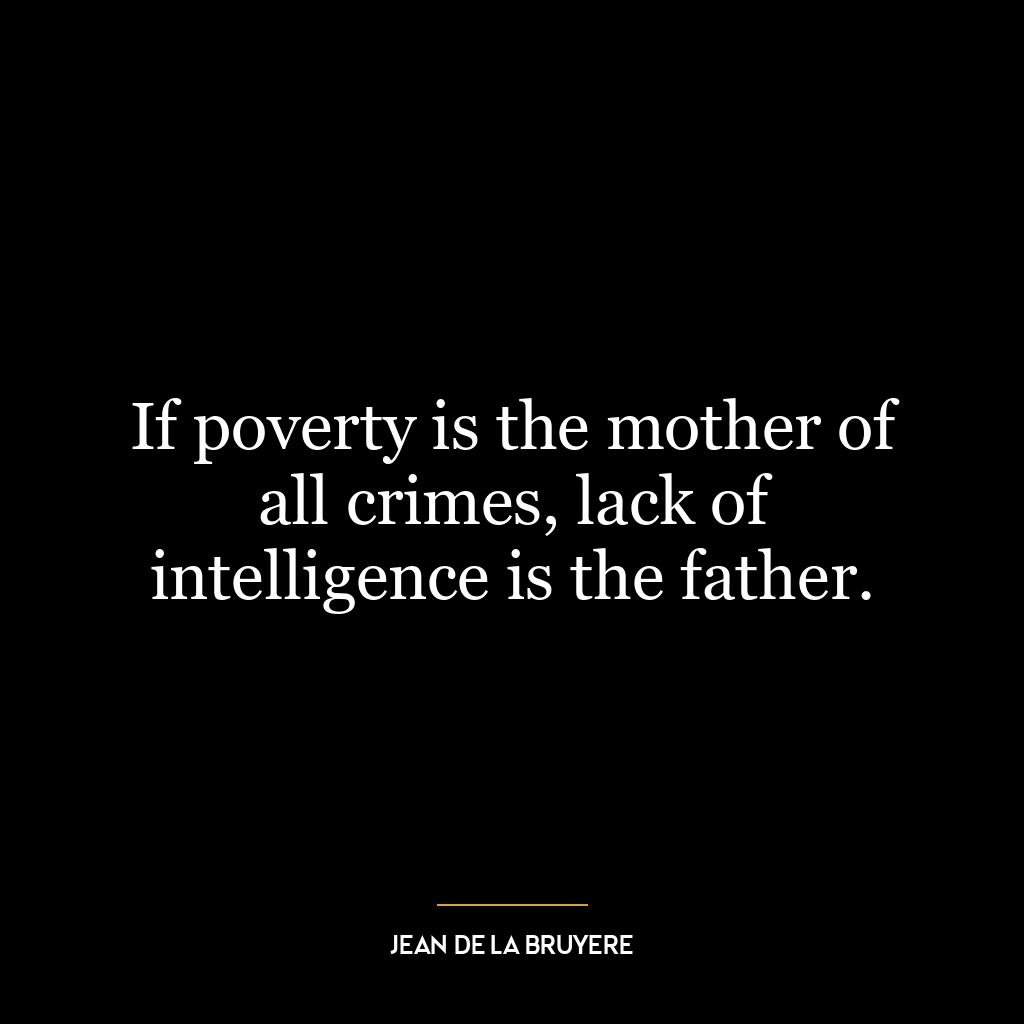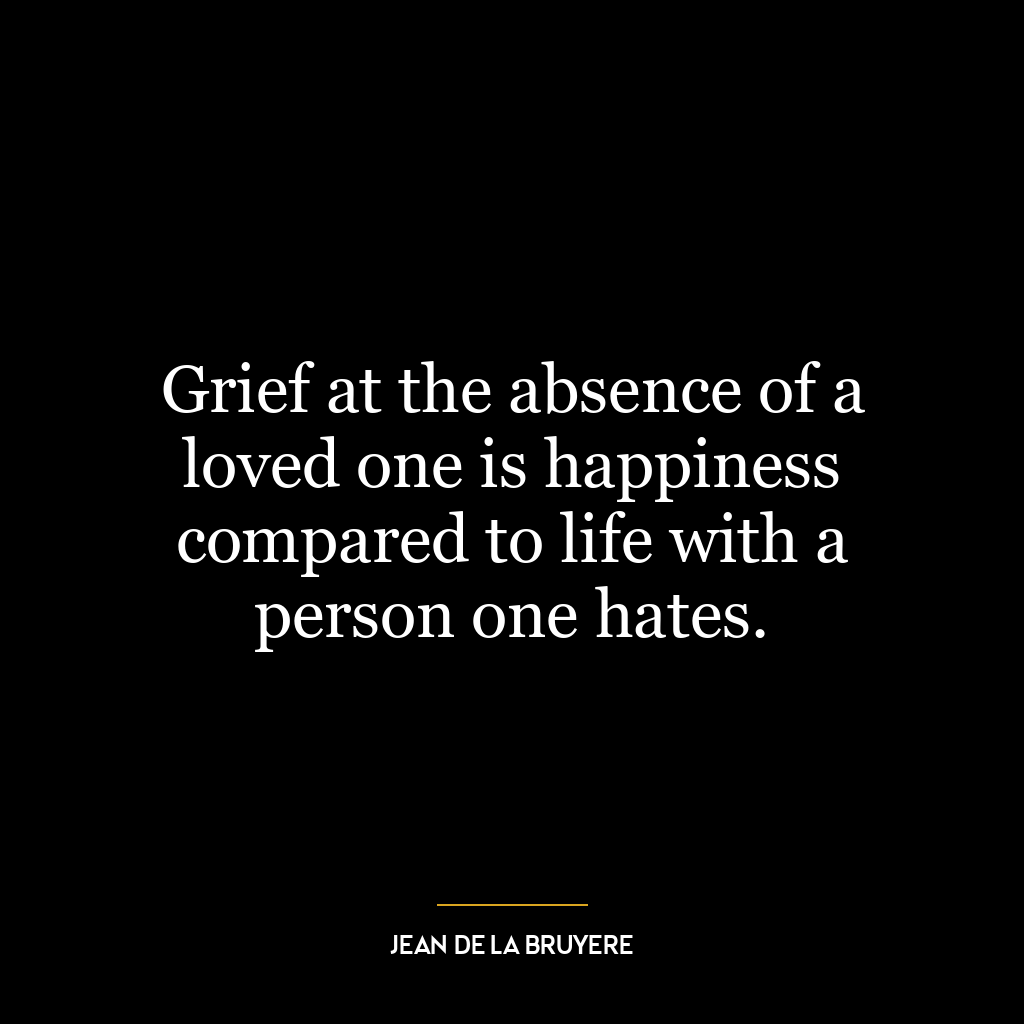The most destitute person in the world is the one without a smile.
“The most destitute person in the world is the one without a smile” is a profound statement that delves into the human psyche and our perceptions of wealth and poverty. The quote suggests that the true measure of destitution isn’t material lack, but the absence of joy, positivity, and happiness, symbolized by a smile.
In essence, the quote implies that a person who cannot smile, who cannot find joy in their life, is the most impoverished. This is because smiles are often a reflection of our inner state of happiness and contentment. If one lacks the ability to smile, it can be seen as a sign they are devoid of these positive emotions, which are fundamental to a fulfilling and rich life.
Applying this idea to today’s world, we live in a society that primarily gauges wealth and success through material possessions and social status. However, this quote challenges us to redefine our understanding of wealth and poverty by focusing on emotional well-being and happiness. It suggests that regardless of how much material wealth one has, if they are not happy, if they cannot smile, they are, in fact, destitute.
In terms of personal development, this quote could serve as a reminder to prioritize our mental and emotional well-being. It encourages us to seek happiness and contentment in our lives, not just material wealth or success. It could inspire us to cultivate a positive outlook, to find reasons to smile every day, and to understand that the real wealth lies in our ability to enjoy life and maintain a positive attitude.
In a broader social context, this quote could also be a call for a more empathetic society that values and promotes mental health, happiness, and well-being as much as, if not more than, material wealth and status. It highlights the need for a shift in societal values and norms, putting a greater emphasis on emotional wealth and well-being.




